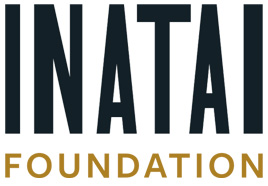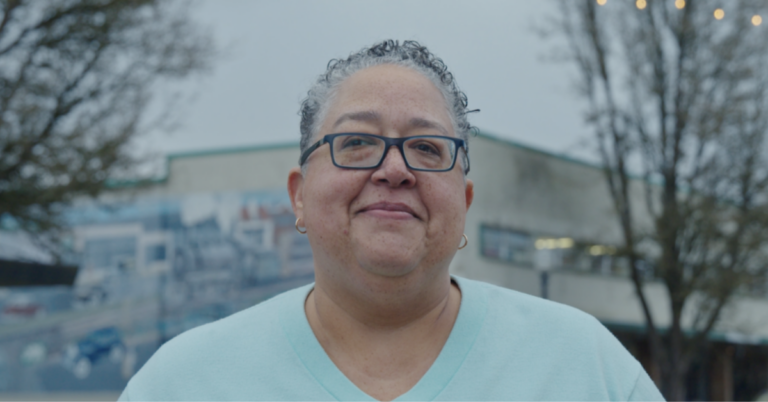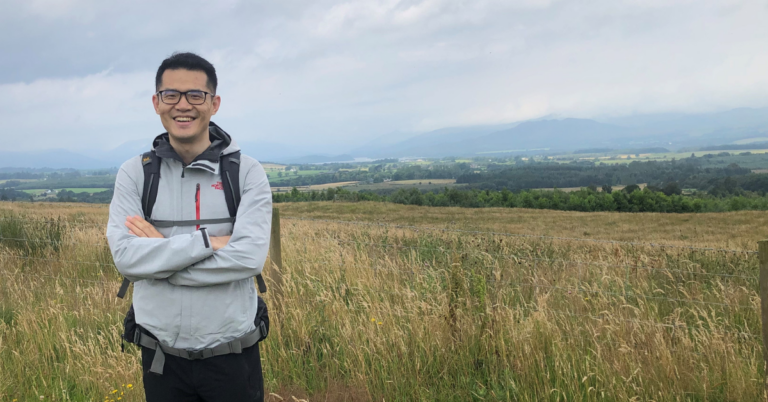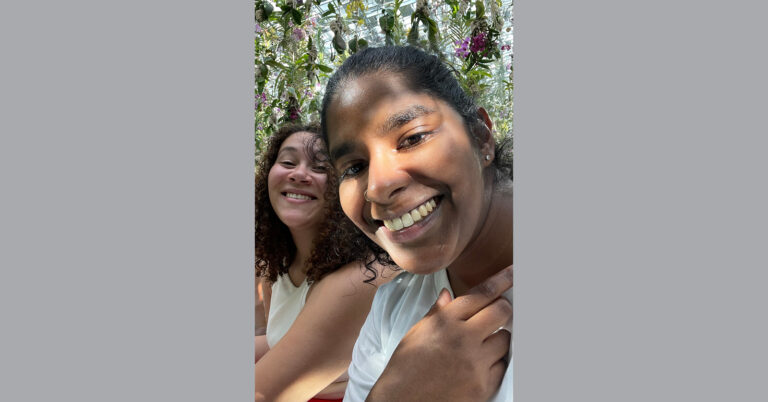Until Feb. 1, 2023, we were Group Health Foundation. This post was written under our former identity. To learn more about our new name, read our announcement here.
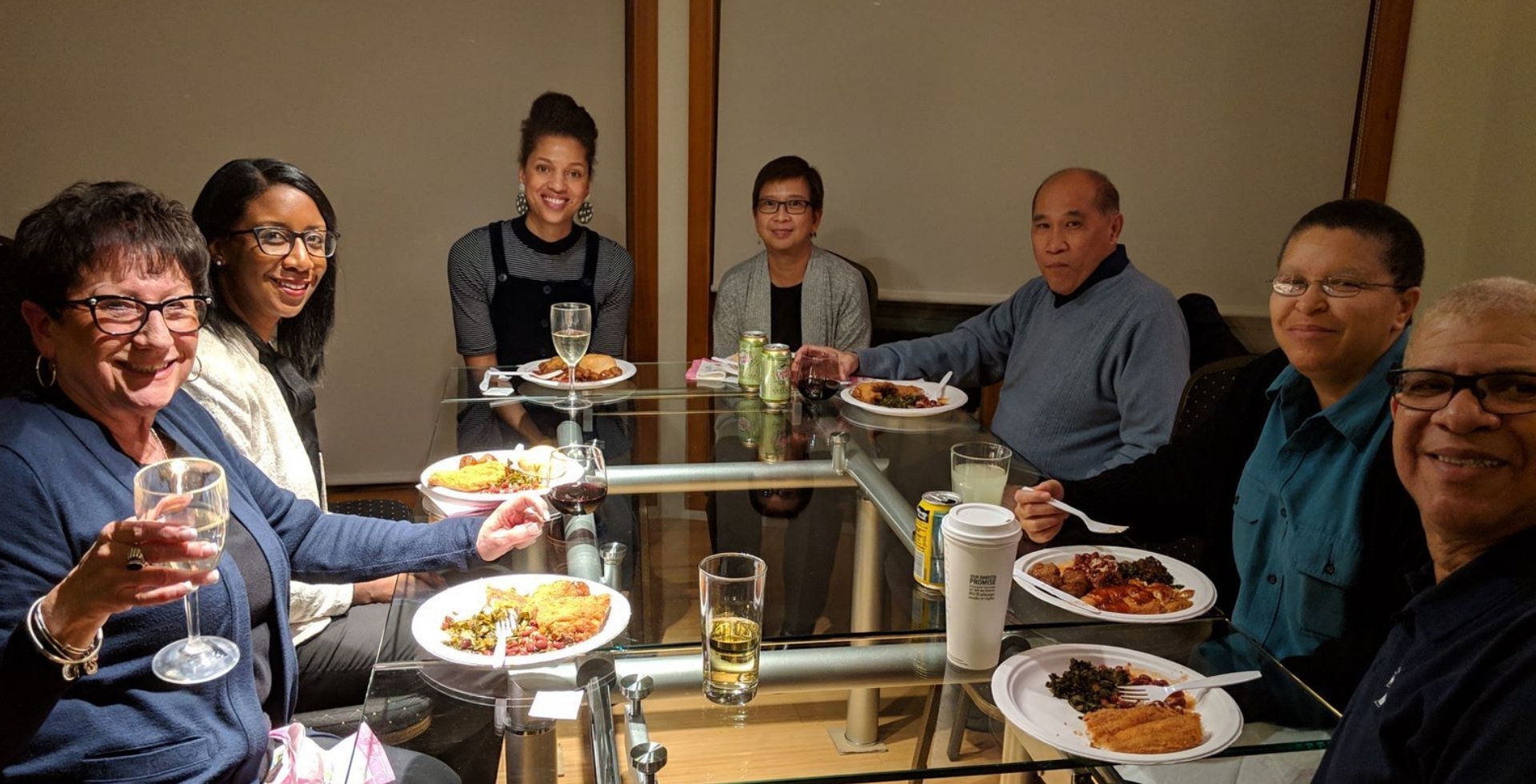
Sandy, second from right, the evening we first met her and other Spokane leaders in 2019.
Our team mourns the passing of Sandra “Sandy” Williams and her partner Patricia Hicks—an unbearable loss for their loved ones, The Black Lens, The Carl Maxey Center, and the communities in Spokane fighting for equity and justice every day.
Sandra began publishing The Black Lens to counter harmful narratives about her community. She wanted to elevate stories of joy, brilliance, and community building, but too often had to step up when local media fell short. Never intending to become a breaking news reporter or investigative journalist, Sandra became both to ensure the Black community in Spokane had a trusted source for news. These were two of the many other roles she served in her community, including organizer, ally, mentor, friend, entrepreneur, and filmmaker.
We have had the honor of knowing Sandy for three short years. In this time alone, we celebrated with her milestones that would take most of us much more time to achieve, including marking five years of editing and publishing The Black Lens and the groundbreaking of what she once described as the culmination of her life’s work: The Carl Maxey Center—a Black-owned, Black-operated, and Black-serving community hub.
“I love Black people,” Sandy once told us. “And so my life’s work is to use whatever privilege I have, whatever knowledge I have, whatever access to power I have to provide opportunities that will uplift and support Black people.”
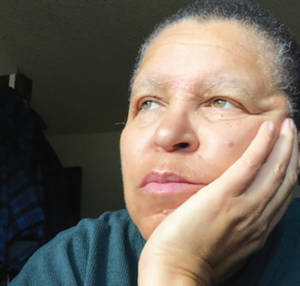
Photo: The Black Lens
When we learned about Sandy’s death last week, we did not know how to process the news. But as each of us reflected on our time together with her, we found the words because, as her colleagues at The Carl Maxey Center expressed so beautifully, “She was inspirational and motivational, and for the many she leaves behind, Sandy is aspirational.”
From the moment we met Sandy in March 2019, we aspired to live our values the way she lived hers. She was a guest at a meet and greet our board member Latisha Hill set up for us in Spokane. Sandy was (rightfully) a little skeptical. Were we yet another funder whose words did not match our actions?
Still, she offered us advice that our President and CEO Nichole June Maher still carries with her today: “Who you say ‘yes’ to is important, but who you say ‘no’ to is just as important.” Sandy would go on to explain: If GHF becomes yet another philanthropy that funds nonprofits that do not look like or reflect the values of the communities they serve, then we would be consenting to the idea that there are not diverse or talented leaders in Washington. “There is no true commitment to equity—you will be cosigning the idea that only upper income folks of privilege are qualified to make decisions in our state,” said Sandy.
“Sandy was one of our first teachers and fundamentally shaped who we are as an organization,” said Nichole. “I know we would not be who we are today without her influence, advice, and love.”
In the years that followed, Sandy became part of Group Health Foundation’s broader community and was an invaluable part of our learning. She gifted us lessons on building narrative power and creating community assets—and always had a story about the incredible leadership and work happening in Spokane.
One of our favorite conversations with her almost didn’t happen. GHF was kicking off the planning of our 2021 Shaping the Future convening, for which Sandy was an advisor. A few of us also had a meeting on the books with her to discuss The Black Lens and knowing she was involved with so much already, we offered to cancel.
She thanked us for being mindful of her time, “BUT I was actually looking forward to our conversation. Your support for The Black Lens has enabled me to do some pretty cool things of late and I wanted to brag a little,” she wrote in response.
When our team joined the call, Sandy was already brimming with excitement. She had recently hired a staff person for The Black Lens, which freed up her time for projects she long wanted to pursue. Sandy loved the arts—film, spoken word, theater, and photography—and secured a contract from the state department of health to develop a COVID-19 awareness campaign, “Create Health.”
Sandy used the funds to commission culturally relevant art by Black, Indigenous, and other artists of color, which was showcased on several platforms, including The Black Lens. It was exactly the kind of work she always wanted to do with the newspaper.
“I felt so much secondhand joy during that meeting,” said Diana Huynh, communications director. “She reminded me that while our work for equity and justice can be dispiriting, demanding, and difficult—there are moments when it can be the opposite.”
We know Sandy will live on as a tangible force in our communities. She will live in the innumerable columns and articles she published. She will live through The Carl Maxey Center—the place where she spent much of her time and energy over the last year while on sabbatical from The Black Lens. She will live in the beating hearts of the people she mentored, befriended, and loved.
“It was remarkable to watch Sandy come into an elder role and status,” said Emma Noyes, our research director who has long known Sandy from the Spokane arts community. Emma said she always admired Sandy’s generosity. “I saw the way she was mentoring across BIPOC communities and the LGBTQ+ community. I know those seeds are planted, but I’m mourning the loss of her continued guidance and role as an elder in those spaces.”
For all of us at the foundation, Sandy will continue to live on in our work.
“Sandy is the arbiter of how we should be moving in the world,” said Brenda Anibarro, vice president of learning and engagement. “If we were doing right by her, we were doing all right. We wouldn’t be who we are as a foundation without what we learned from her wisdom and guidance.”
“She was always authentic, open, and genuine and so solid in her commitment to community and why she was doing this work,” said LiLi Liu, portfolio director. “She taught me a lot.”
“Sandy intentionally planted a lot of seeds in future leaders—in folks she respected, admired, and mentored. Her confidence in her leadership was grounded,” said Rosa Gimson, community engagement manager. “I just know she is still with us in her work and in her legacy.”
Please join us in honoring Sandy’s legacy by donating to the The Carl Maxey Center.
